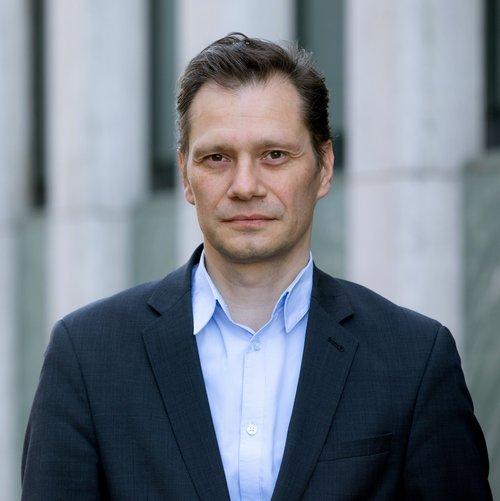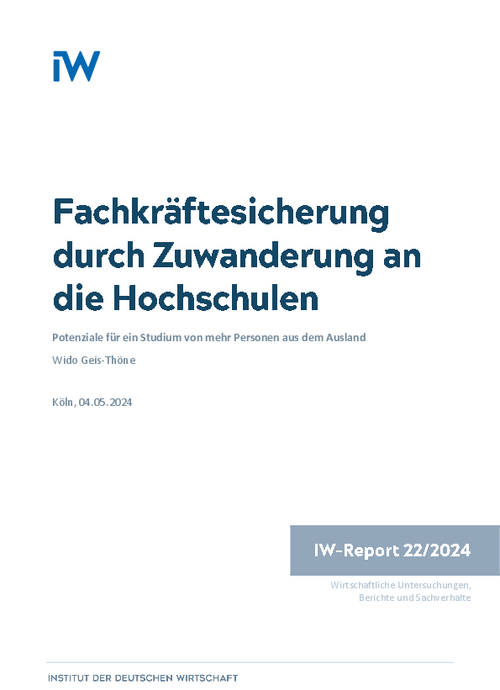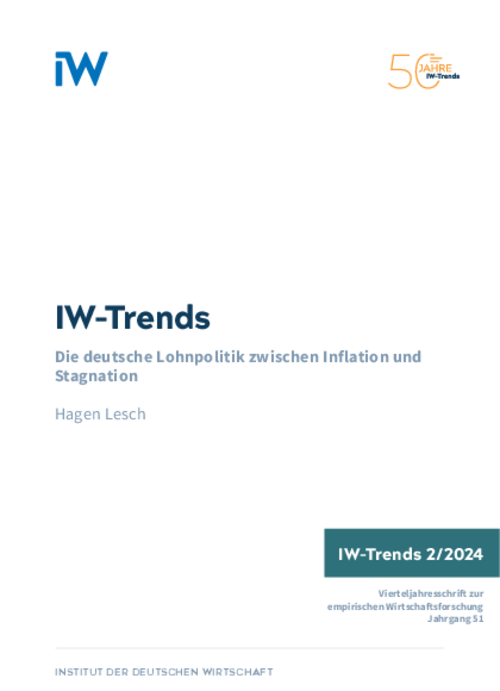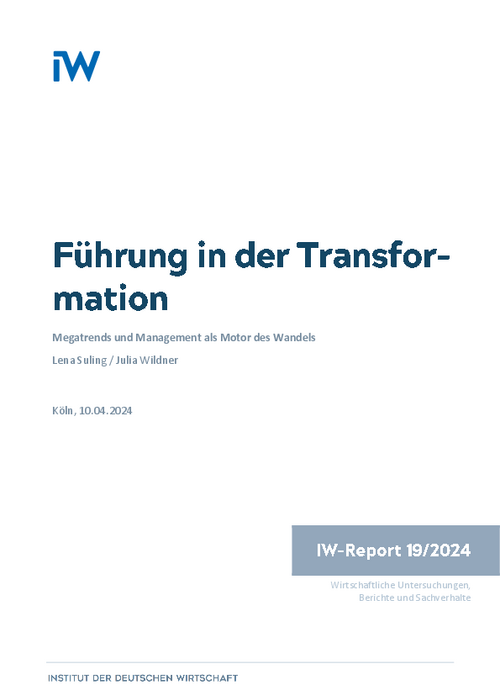With the working world constantly changing, those active in the labour market face ever new challenges that can only be successfully overcome by concerted action. How companies and their workforces shape their local working environment and working conditions is in many places determined by the complex institutional structures of collective labour relations. These are in turn the result of negotiations between the employers' associations and trade unions at the sectoral and regional level and by management and co-determination bodies at the level of the establishment.
- Home
- Institute
- Main research topics
- Labour Economics and Collective Bargaining Policy
Labour Economics and Collective Bargaining Policy
Contact Persons

Helena Bach
Economist for Wage Policy and Collective Bargaining
Tel: +49 221 4981-665 Mail: bach@iwkoeln.de
Dr. Andrea Hammermann
Senior Economist for Working Conditions and Human Resource Management Policies
Tel: +49 221 4981-314 Mail: hammermann@iwkoeln.de
Dr. Hagen Lesch
Head of Labour Economics and Collective Bargaining Policy Research Unit
Tel: +49 221 4981-778 Mail: lesch@iwkoeln.de
Holger Schäfer
Senior Economist for Employment and Unemployment
Tel: +49 30 27877-124 Mail: Schaefer.holger@iwkoeln.de @HSchaeferIW
Christoph Schröder
Senior Researcher for Income Policy, Wages and Working Time Policy
Tel: +49 221 4981-773 Mail: schroeder.christoph@iwkoeln.de
Dr. Oliver Stettes
Head of Labour Economics and Collective Bargaining Policy Research Unit
Tel: +49 221 4981-697 Mail: stettes@iwkoeln.de Oliver Stettes
Dr. Sandra Vogel
Senior Researcher for Industrial Relations
Tel: +49 221 4981-746 Mail: sandra.vogel@iwkoeln.de @San_VogelAll news

What factors influence the career ambitions of people with disabilities?
Many companies in Germany report having difficulties not only in recruiting employees, but also in filling vacant management positions.
Carolin Fulda / Oliver Stettes IW

Artificial Intelligence – Will Boosted Productivity Lead to Better Pay?
Artificial intelligence (AI) is already being used in a wide variety of applications both inside and outside the corporate world.
Jan Büchel / Roschan Monsef IW

Securing skilled workers through immigration to universities
Against the backdrop of demographic change, Germany is increasingly dependent on skilled labour from abroad to secure growth and prosperity.
Wido Geis-Thöne IW

German Wage Policy between Inflation and Stagnation: Are Conflicts with the Aims of Monetary Policy Looming?
After the economic and financial crisis of 2008/9, the German labour market soon began to recover, creating scope for a comparatively expansive wage policy.
Hagen Lesch IW

Leadership in transformation: Megatrends and management as a driver of change
Leadership dynamics in companies are subject to constant change in order to meet the challenges of their time. Today, the greatest influences result from developments such as demographic change, globalization, individualization, structural change and technologization in the economy.
Lena Suling / Julia Wildner IW
Your search returned an incorrect status. You may have selected too many filters. You can jump back to your previous selection to adjust your search.
With our new newsletters on the following topics you no longer have an IW publication.
We send out our topic-specific newsletters every month.
Register here
With our new newsletters on the following topics you no longer have an IW publication.
![[Translate to Englisch:] iStock](/fileadmin/_processed_/7/c/csm_Arbeiter_Fabrik_iStock-537388330_47601aa9cb.jpg)

